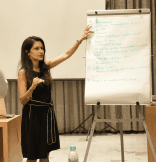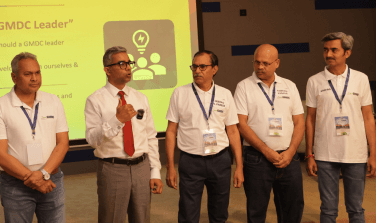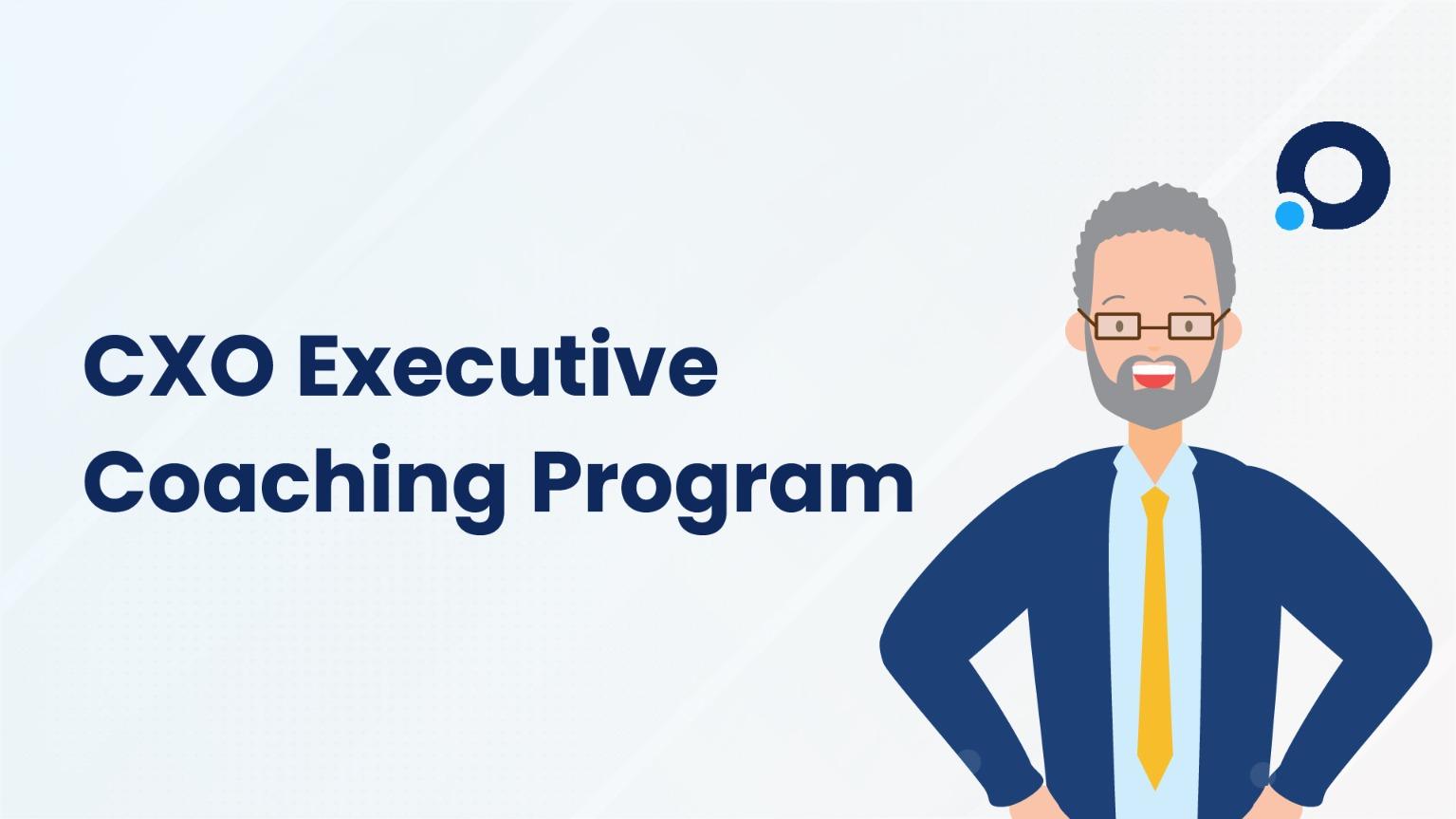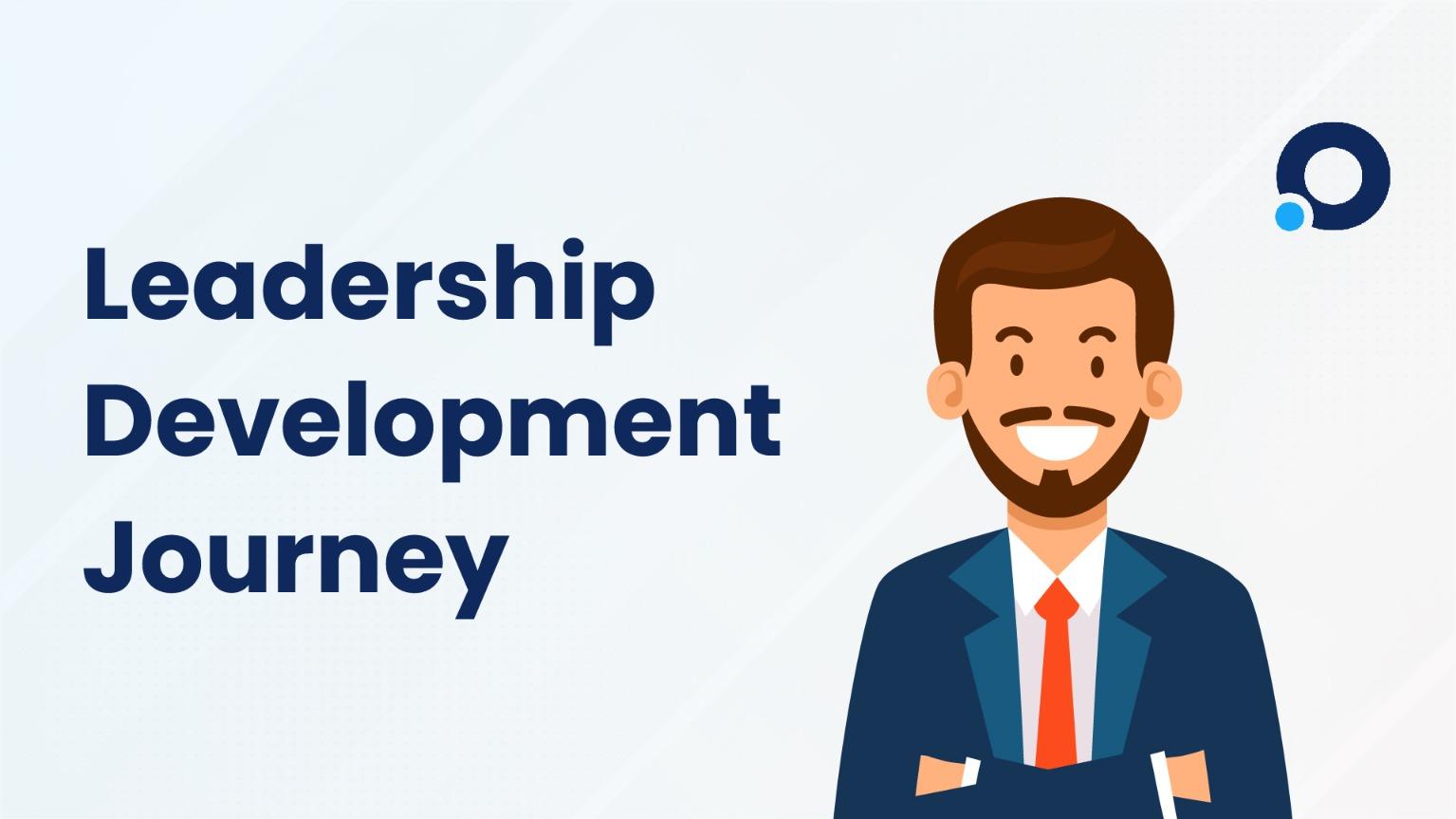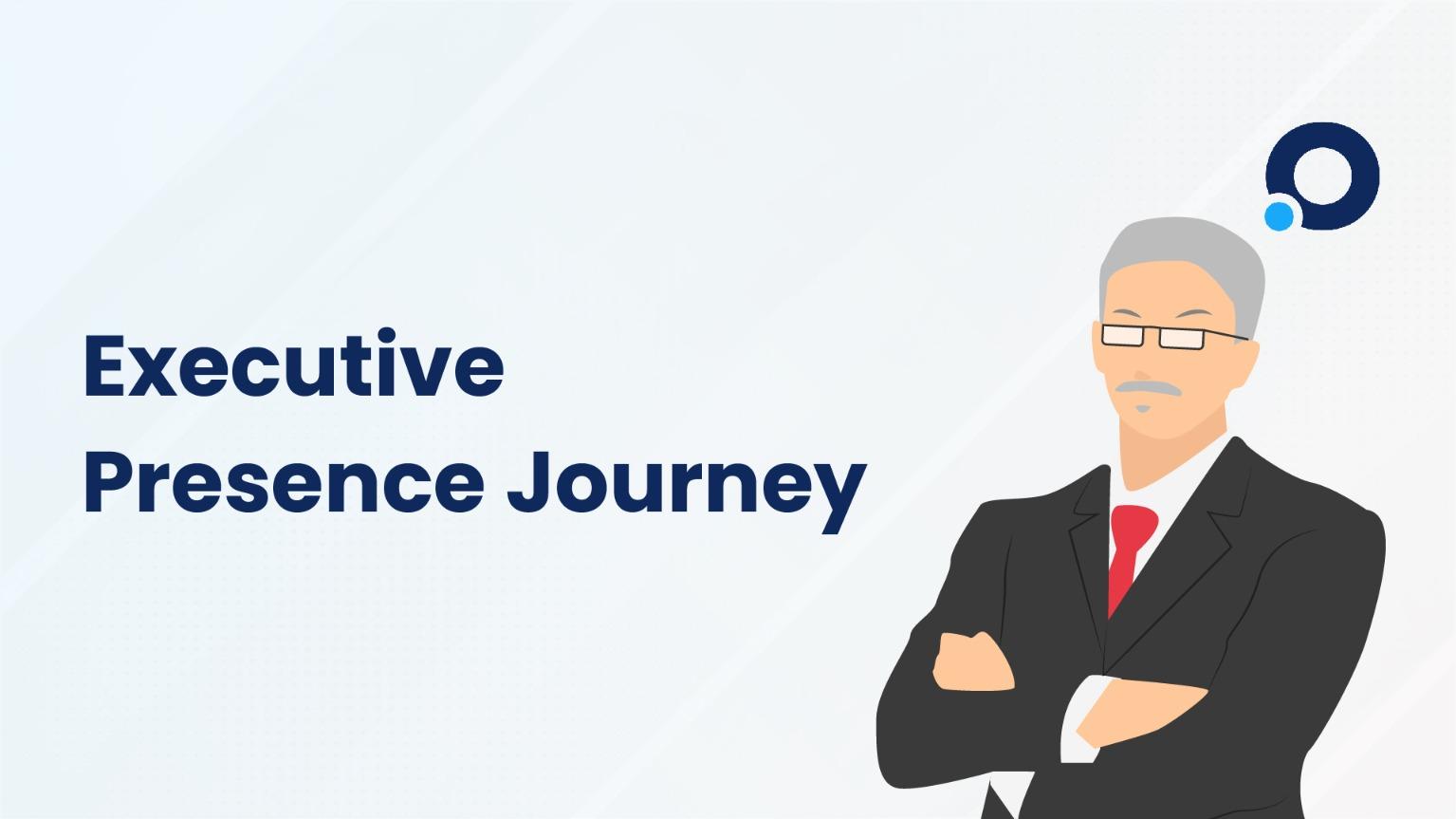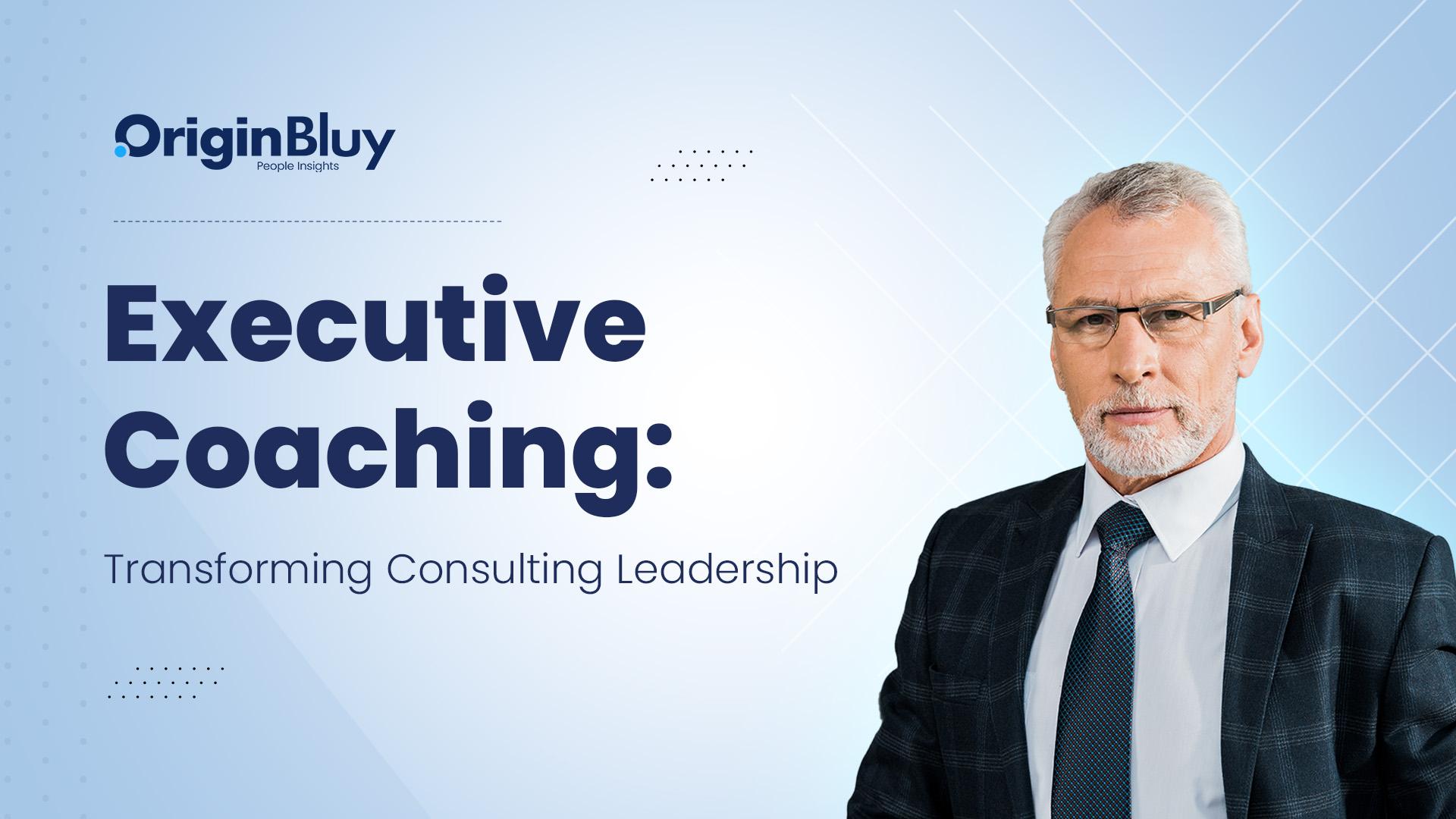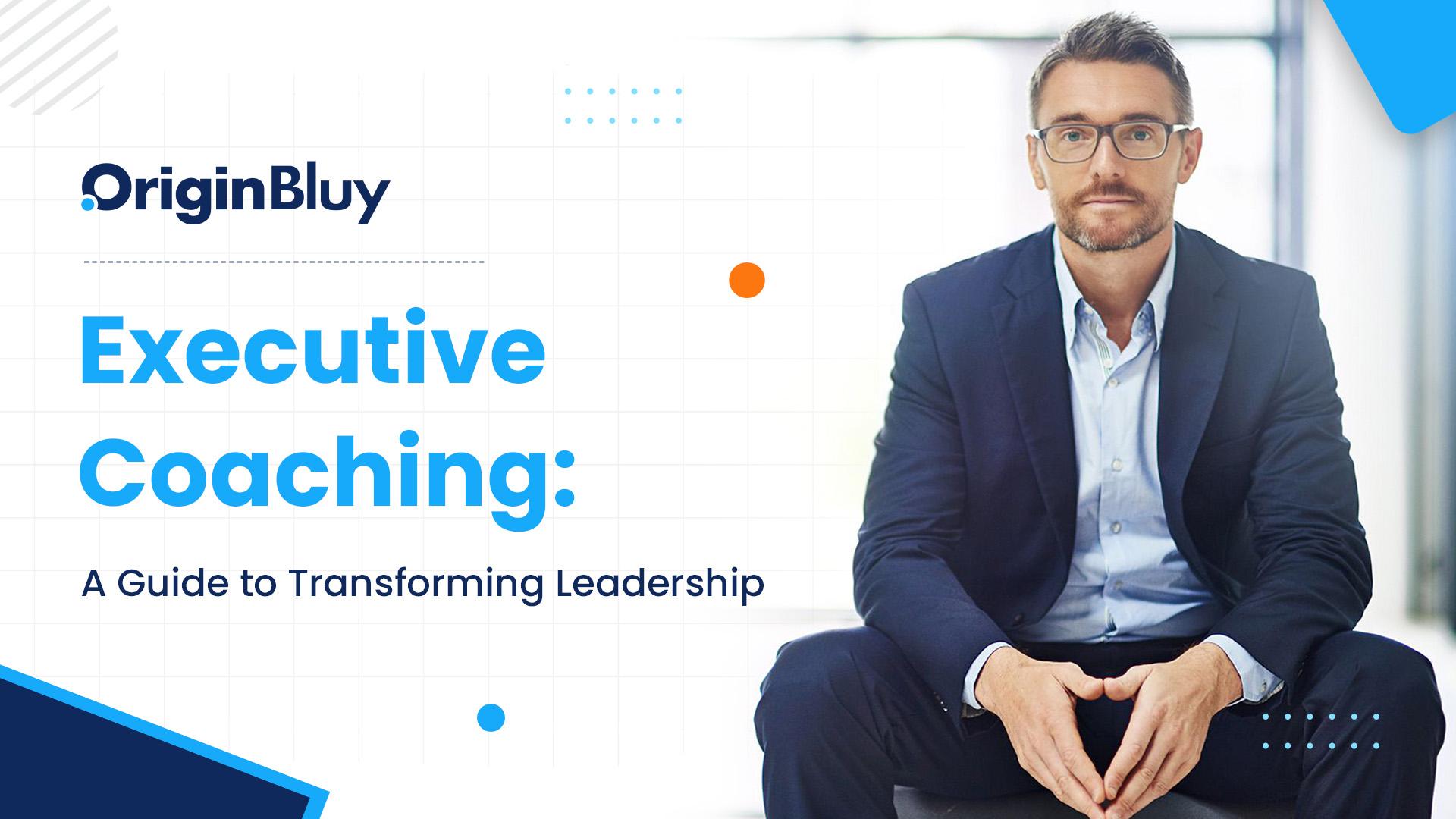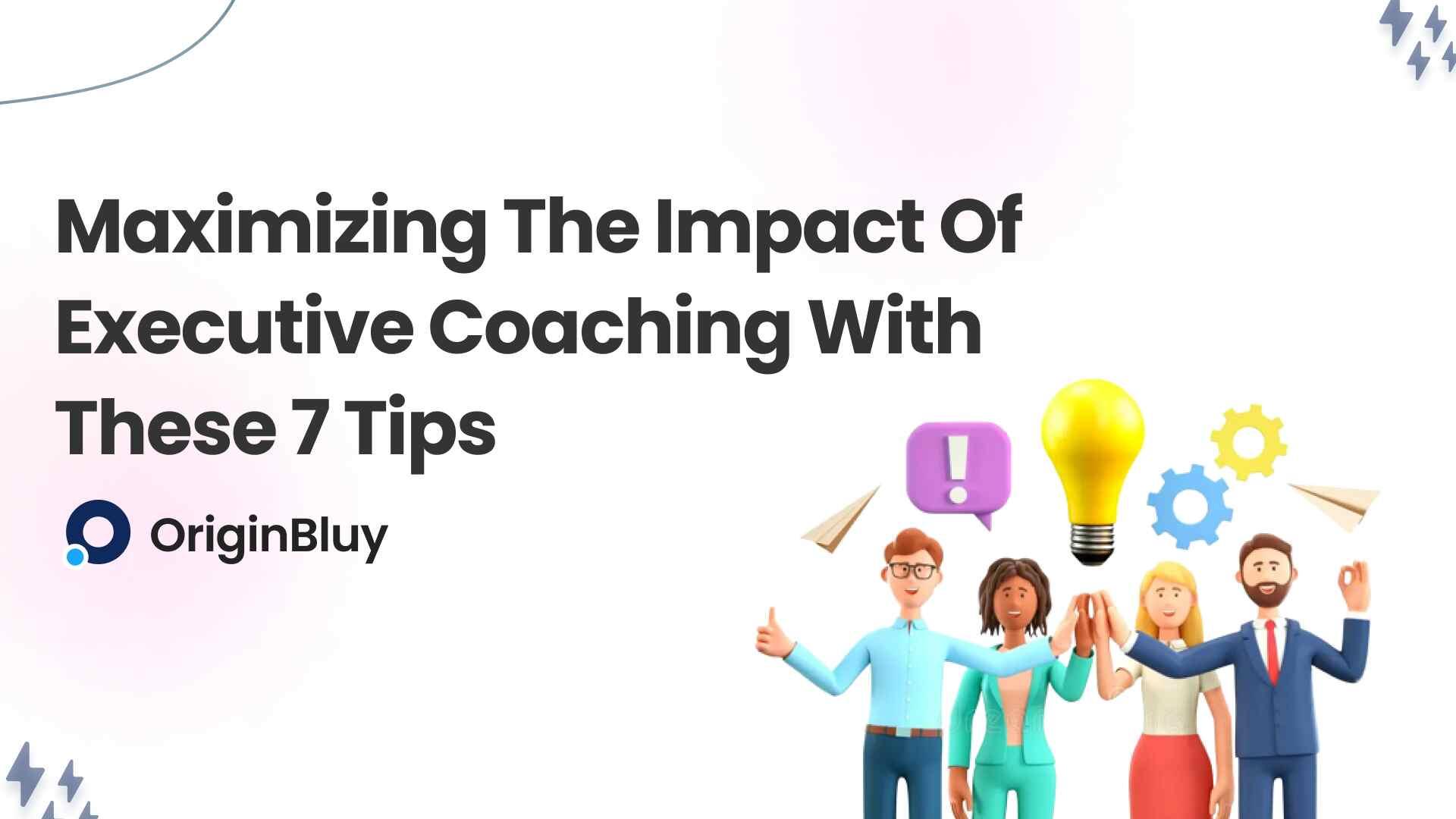The complete guide to Executive Coaching
Given that it entails a close and private relationship between the coach and the person being trained, Executive coaching is undoubtedly one of the most—if not the most—individually designed procedures in talent development. An executive coach will meet one-on-one with top managers or executives inside an organisation (such as a director, vice president, president, or member of the C-suite) and offer help in a secure, organised, and reliable setting. Along with helping the leader understand their existing abilities and how others see them, the coach also assists them in focusing on their current goals and the best course of action to take to achieve them.Executive Coaching is not just beneficial for executives and managers
Coaching has advantages for people other than managers and executives. Professionals in the information sector have taken a leadership role in the 21st century. Due to this, coaching interventions should be given to a wider target group than only traditional line managers and executives. For instance, a senior project manager who has the required coaching credentials can work with a younger project manager to create a mentoring relationship. This connection must have a distinct goal, like finishing a challenging job, in mind. The coach supports the junior project manager by defining measures to keep the project on track and assisting with project evaluation.Strengthen Your Top Leaders With Services From Executive Coaching
Organisations value coaching even in demanding business situations where company resources are closely scrutinised. That's because coaching offers a laser-focused approach especially aimed at these crucial individuals in the organisation. As a result, leaders are accountable for making strategies and decisions that may affect the direction of their organisations during challenging times. The outcomes of executive coaching have been demonstrated by research to include:- Enhanced team leadership capabilities
- long-term organisational change
- Improved emotional intelligence and self-awareness so that leaders can make better use of their capabilities
- Higher levels of leader resilience
- Development of strategic thinking skills





